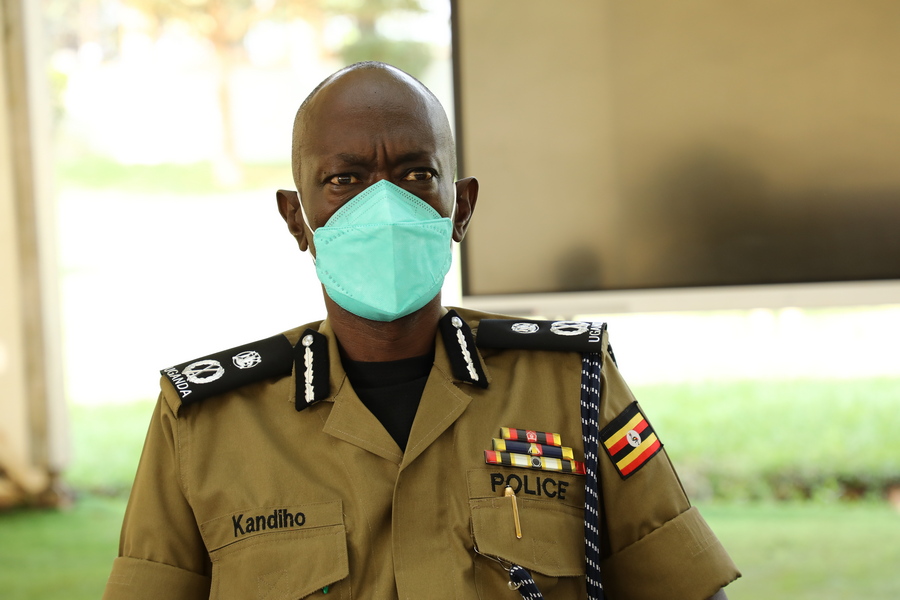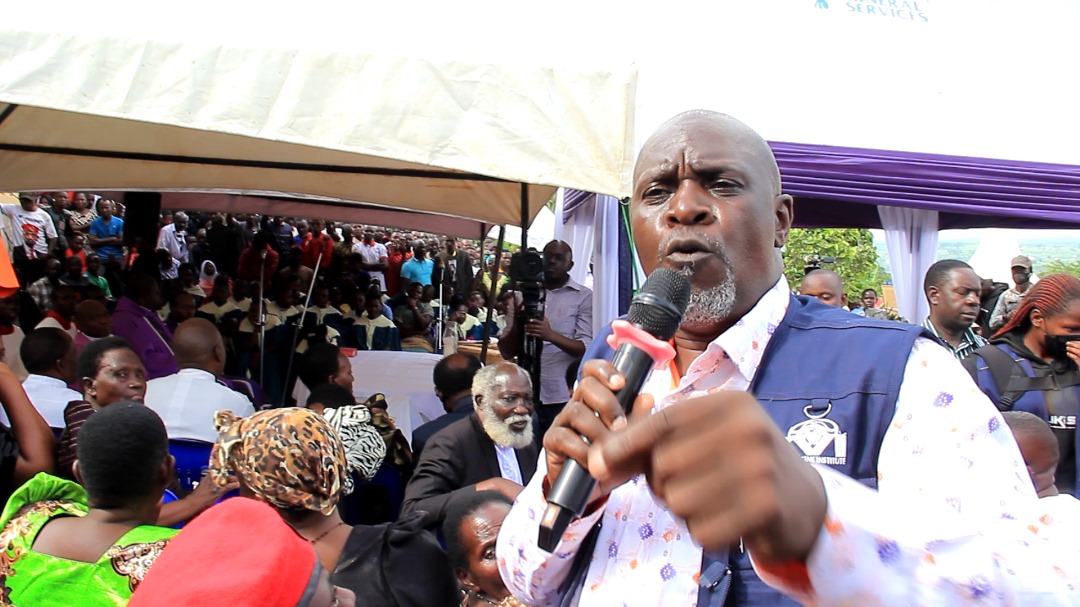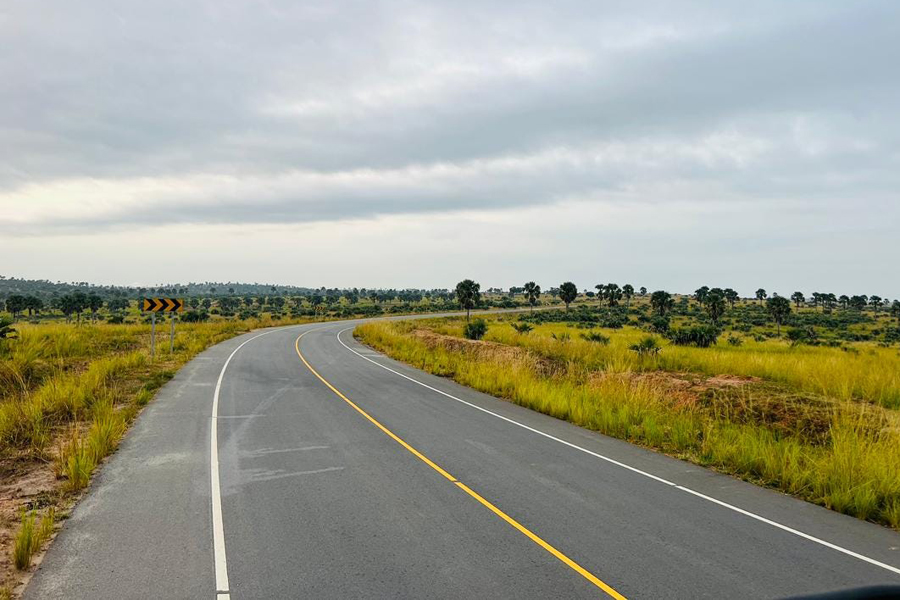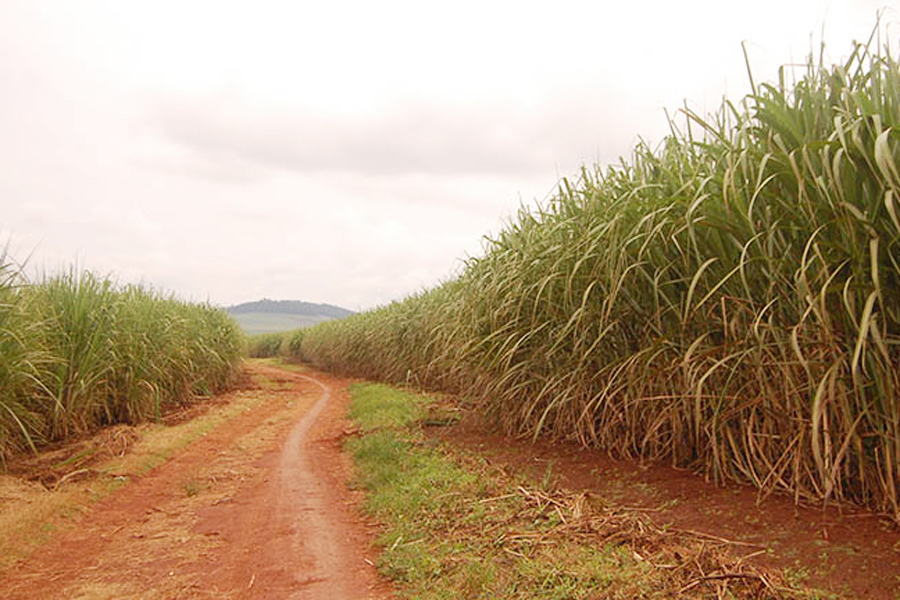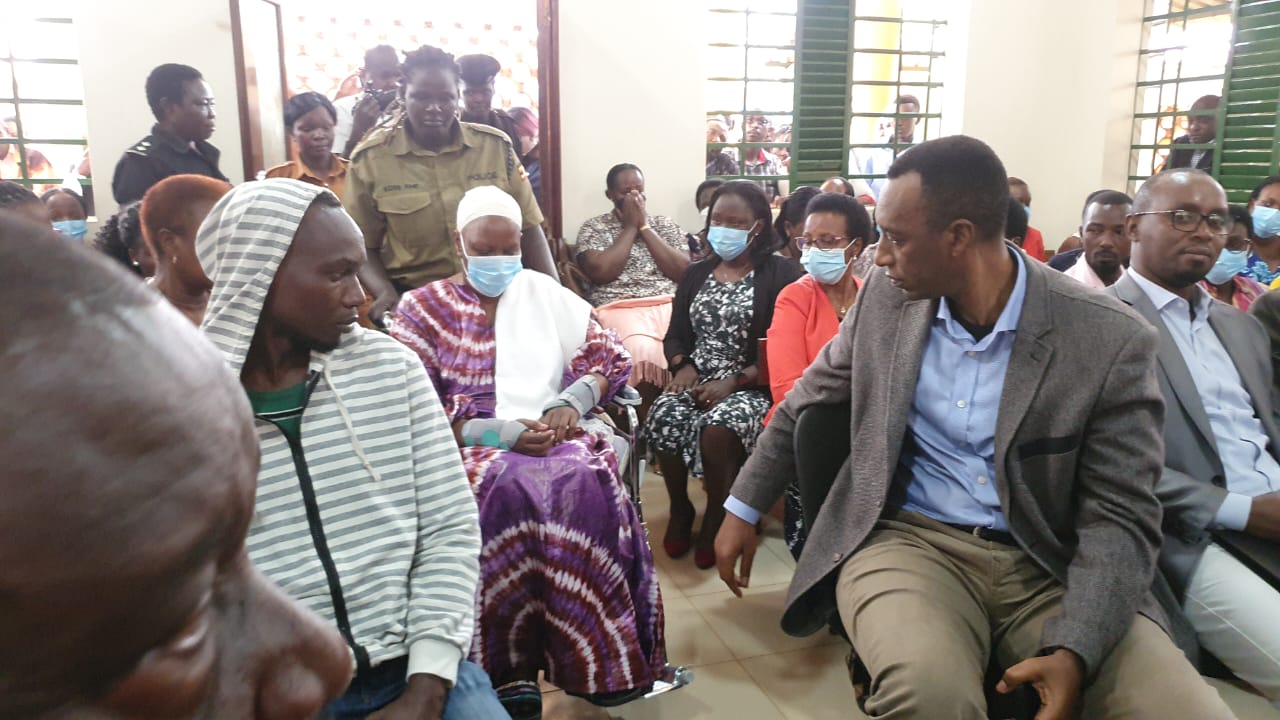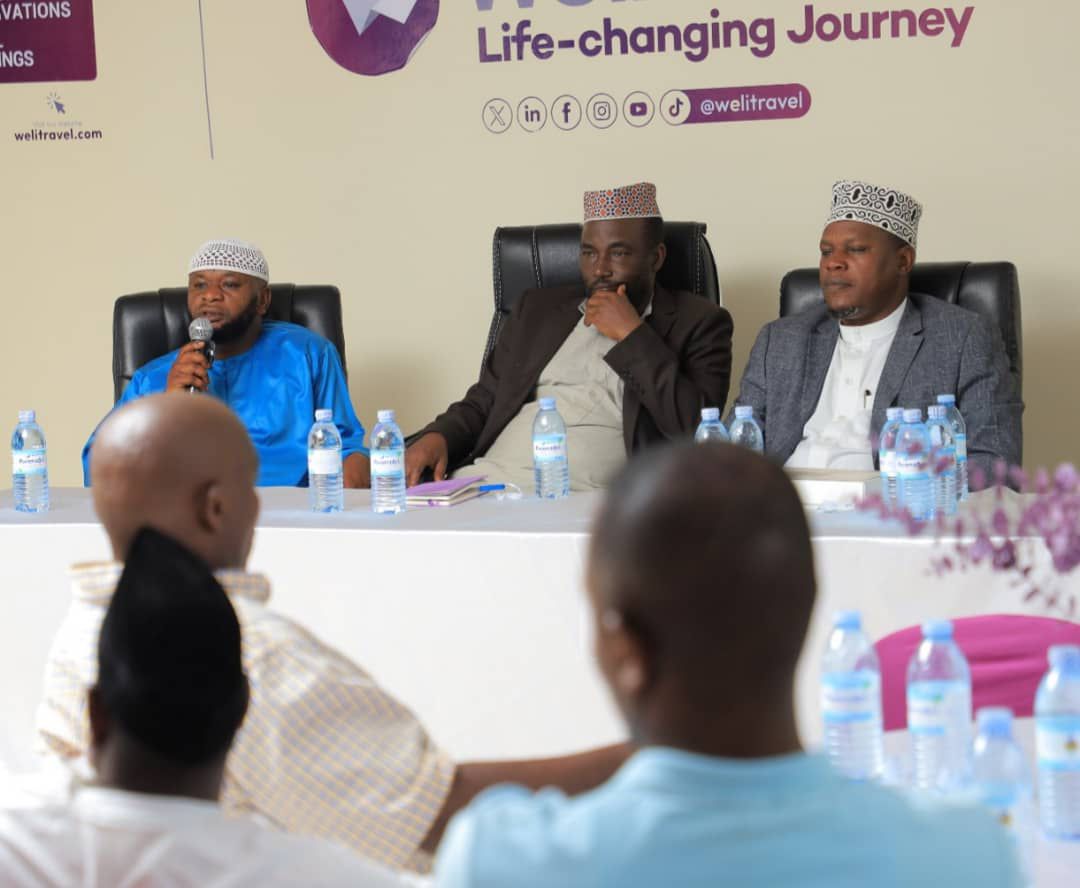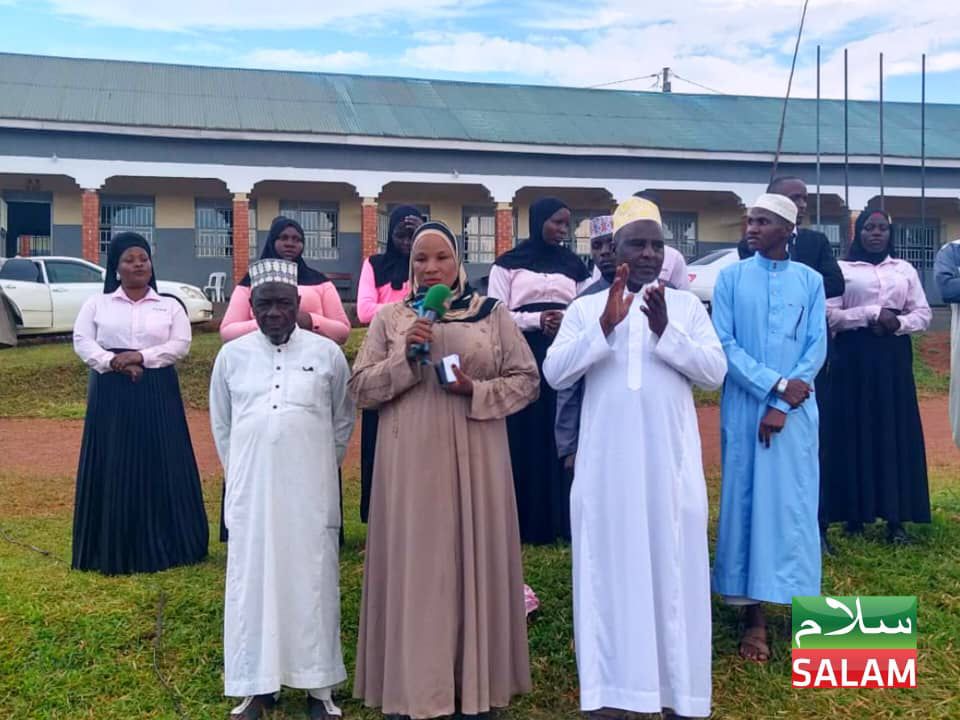Supreme Court mishandled DTB case, Ham’s lawyers say
Lawyers of Muwema and Company Advocates as well as Kimara Advocates and Consultants who represented businessman, Hamis Kiggundu have said they will challenge the recent Supreme Court decision in a case against DTB Kenya and Uganda.
The Supreme Court last week ruled that no illegality committed when DTB-Kenya, a foreign bank offered credit facilities to Kampala businessman, Hamis Kiggundu of Ham Enterprises.
Keep Reading
The same court however referred back to the High Court for fresh hearing the case in which Ham challenged the alleged fraudlent siphoning of over sh120billion from his accounts without his knowledge and consent by DTB -Uganda, and DTB-Kenya to Commercial Court .
In a statement on Monday, the lawyers said the Supreme Court generally mishandled the case and the resultant judgement was against the public policy of Uganda.
“ In the handling of the case, the court intentionally set up its ladder against the wrong wall and it ended up resolving the wrong problem,” the lawyers said.
The lawyers said the court had two imaginary issues that they say influenced its decision.
“The first imaginary problem was that Ham is using legal technicalities to avoid paying his debts said to be owed to DTB. The second imaginary problem was that the High Court decision which was made in favour of Ham outlawed syndicated lending transactions between foreign banks and Ugandans.”
“We note that an unusual dissonance greeted the delivery of what should have been a landmark judgment in guiding the prudential regulation of the banking sector. This muted reception of the decision is caused by the courts failure to yield to the true facts of the case. The court also completely misdirected itself on the sovereignty of the Ugandan law when it declared incredibly, that there is no law which stops a foreign bank from lending in Uganda and that any transaction it carried out was legal per excellence.”
The lawyers said that by subscribing to a deregulation of foreign led financial transactions conducted in Uganda, the judgment consigned itself into an irretrievable legal absurdity.
The lawyers said that the issue of syndicated loans was never part of the DTB appeal lodged in the Court of Appeal and that neither was it part of Ham’s appeal lodged in the Supreme Court.
They say that in any case, there was no syndicated loan arrangement between Ham and the DTB banks.
Ham’s lawyers say the Supreme Court usurped the power of Parliament and started discriminating between foreign and local banks in respect of a statute of general application relating to the banking sector.
“Whereas there was no evidence of loan syndication, the Supreme Court still allowed DTB to smuggle a ground of foreign loan syndication into Ham’s appeal. This was allowed in violation of the rules of the Court which required DTB to have submitted a cross-appeal or notice of affirmation of the decision of the Court of Appeal before introducing new matters.”
They argue that whereas the court allowed DTB to flout its rules and seek orders outside the appeal, the same court could not allow Ham’s request to be heard on a formal application for judgment against DTB in respect of the admitted grounds of appeal
“The public policy of Uganda does not allow the courts to selectively apply its rules and the law to favour one party against the other nor does it allow the courts to deny a litigant access to the courts to plead his or her case. The Supreme Court judgment in Ham vs DTB was issued in contravention of the constitution and its constitutionality shall be challenged,” they say.
“Although the Supreme Court judgment is dangerous, it will remain largely irrelevant to the gainful regulation of commercial banking and the practice of the law in Uganda. No serious bank will be motivated to engage in illicit money transfers and come out to openly acknowledge it, because of this judgment. “
The lawyers say no serious lawyer in Uganda can risk their client’s case whether local or foreign by casually defying the court’s rules of procedure and the governing law of Uganda.
“We therefore cannot just mourn the passing of this Supreme Court decision, we shall challenge it.”




